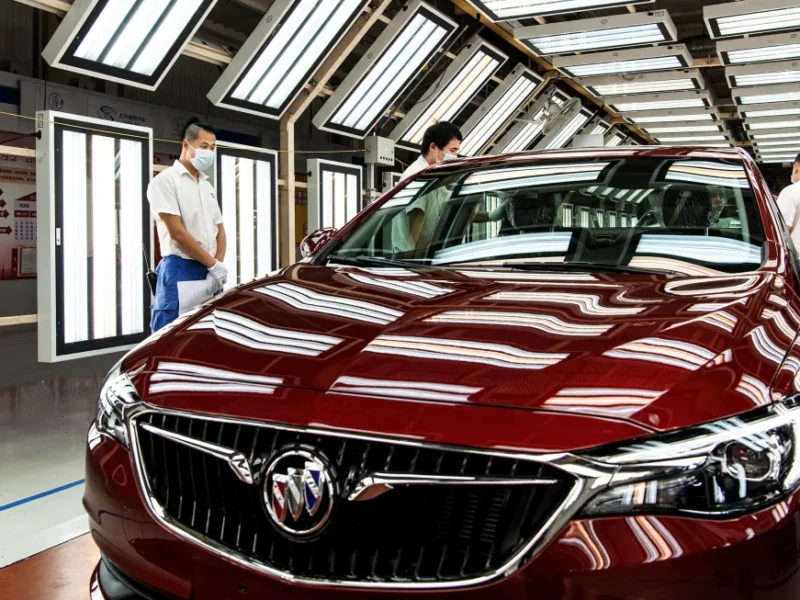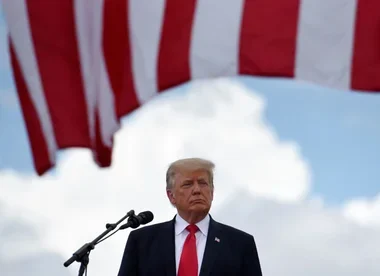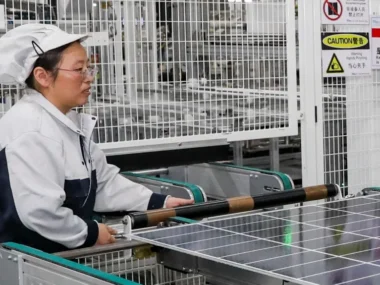China, once General Motors’ (GM) largest and most crucial market, has now become its biggest challenge.
GM informed shareholders on Wednesday that it would incur over $5 billion in non-cash charges related to its joint venture in China. These charges include $2.6 to $2.9 billion for restructuring costs and $2.7 billion for the decreased value of the joint venture.
GM’s partnership with SAIC Motors in China produces vehicles under the Buick, Chevrolet, and Cadillac brands. The company stated that the charges were necessary due to updates in its business forecast and restructuring actions within the venture, though specific details have not been disclosed.
Most of these charges will be recorded in GM’s fourth-quarter earnings, impacting net income but not adjusted results, according to a company spokesperson.
CEO Mary Barra has been working to revamp GM’s operations in China as the market, which once generated significant profits, turned into a loss last year. Barra had previously assured investors that improvements would be seen by the end of the year, expecting “a significant reduction in dealer inventory and modest improvements in sales and share.”
The company incurred a loss of approximately $350 million in China during the first three quarters of this year.
In March, Reuters reported that SAIC was planning to cut thousands of jobs, including those at its joint venture with GM.
Barra had earlier warned that the Chinese market was becoming unsustainable for many businesses. “It’s a difficult market right now. And frankly, it’s unsustainable, because the number of companies losing money there cannot continue indefinitely,” she said in July.
Intense competition from domestic manufacturers and a price war have had noticeable effects. Sales at the SAIC-GM joint venture plummeted 59% in the first 11 months of the year, totaling 370,989 units, while local electric vehicle leader BYD sold more than 10 times that number during the same period. The joint venture’s peak sales occurred in 2018, with 2 million cars sold annually.
Volkswagen, which lost its title of best-selling brand in China to BYD in 2022, is increasing its efforts to collaborate with Chinese partners like Xpeng Motor and SAIC on EV technologies to counter its declining sales in China. Volkswagen and SAIC recently extended their joint venture agreement until 2040.
Similarly, Nissan is cutting 9,000 jobs and significantly scaling back its manufacturing capacity due to declining sales in China and the U.S.
Meanwhile, GM’s rival Ford Motor is restructuring its operations in China to turn it into a vehicle export hub. Some analysts, however, are advising U.S. automakers to cut their losses and exit the Chinese market altogether.











